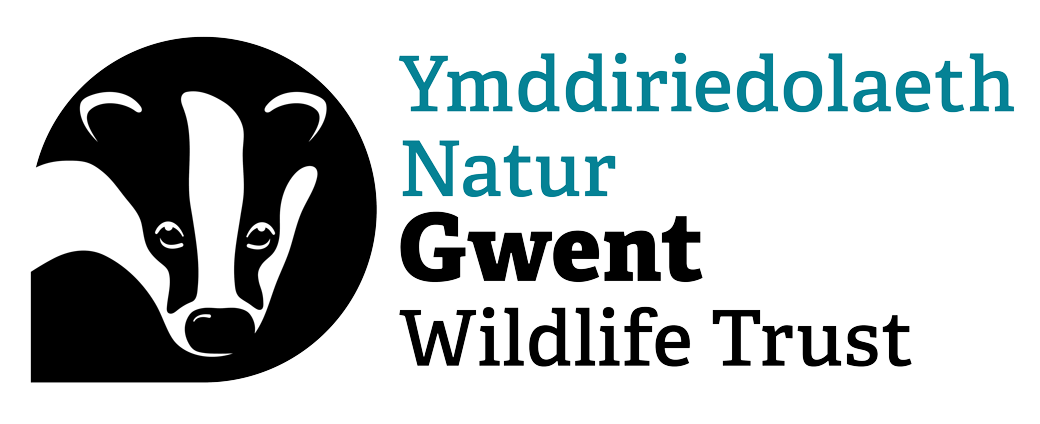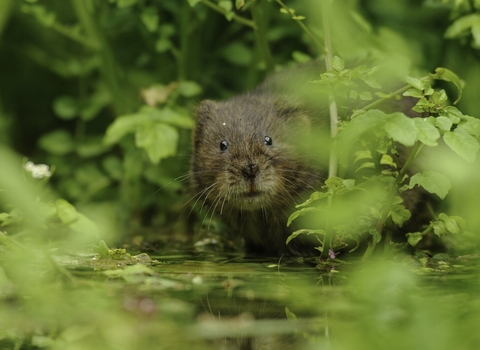Today, leading wildlife organisations, including Wildlife Trust Wales, publish a landmark State of Nature 2023 report. It shows that nature is continuing to decline at an alarming rate across the UK, which is already one of the most nature-depleted countries in the world.
The State of Nature Wales 2023 report shows:
- 18% (one in six) of our species are at risk of extinction from Wales, including plants and animals such as Fen Orchid, Water Vole and Sand Lizard.
- The abundance of land and freshwater species has on average fallen by 20% across Wales since 1994.
- Of almost 3,900 species assessed, more than 2% are already extinct in Wales.
People’s concern about nature loss, climate change and degraded wild places is a significant voting issue. Gwent Wildlife Trust are calling on Welsh MP’s of all parties to commit to an ambitious programme of policies to support nature’s recovery across the UK.

